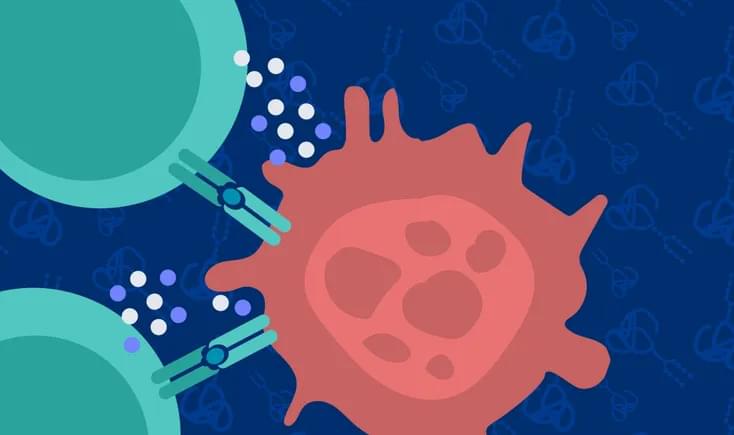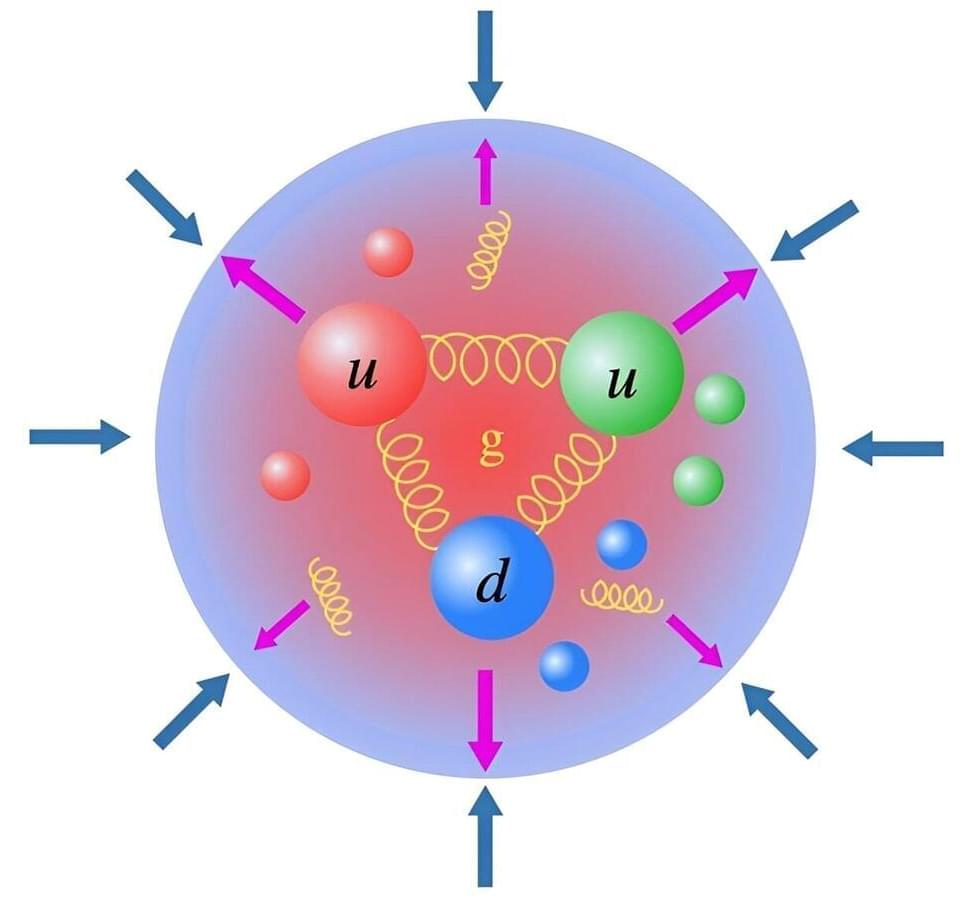Play ransomware’s new Linux variant targets VMWare ESXi, expanding its reach. US leads in victims, with manufacturing and services most affected.
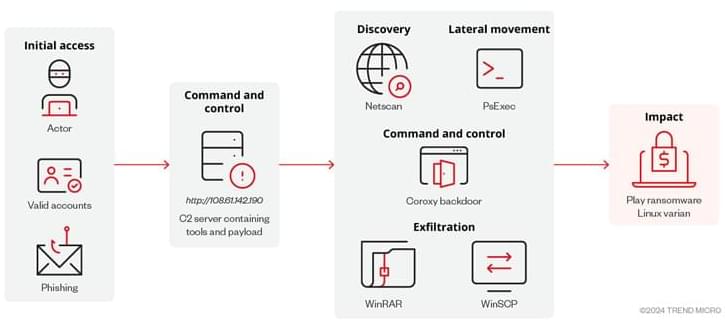


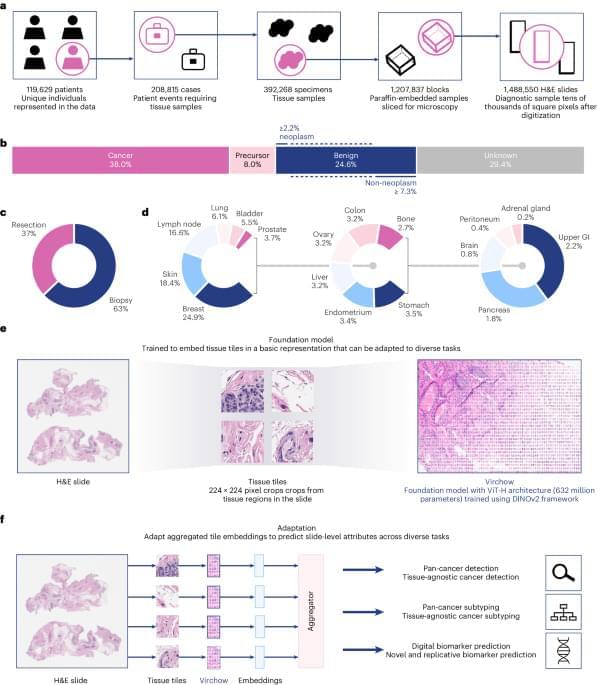

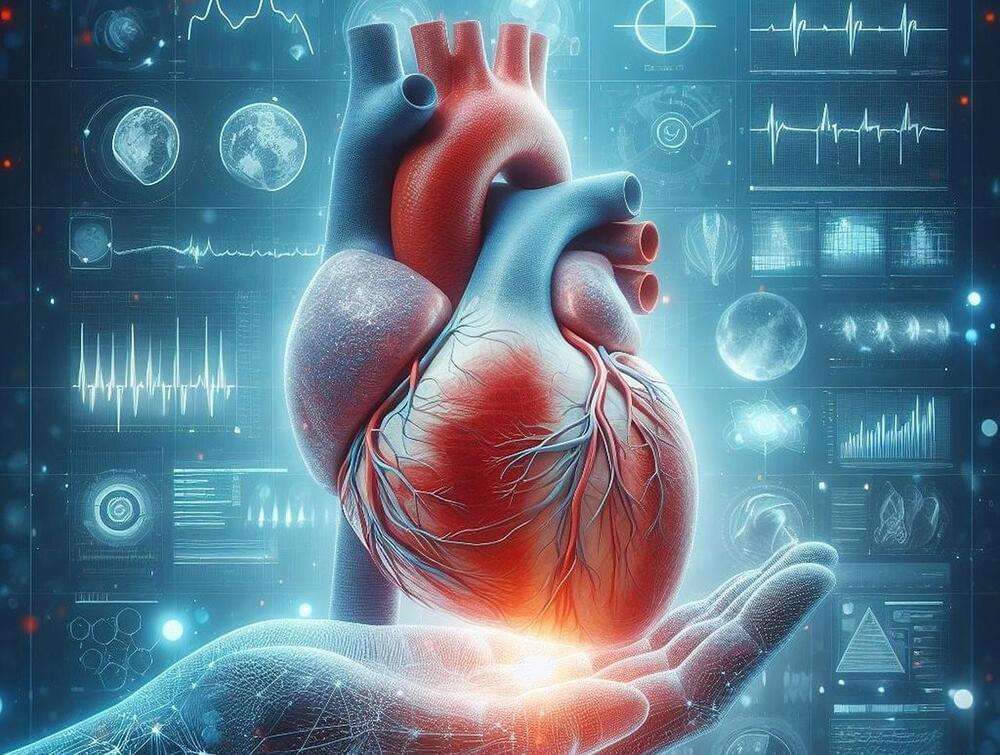
This post is also available in:  עברית (Hebrew)
עברית (Hebrew)
Experts from the Universities of East Anglia, Sheffield, and Leeds have developed a new groundbreaking AI method that improves the accuracy and efficiency of analyzing MRI heart scans. This innovation could provide a way for faster, more accurate, and non-invasive diagnosis of heart failure and other cardiac conditions, thus saving valuable time and resources for the healthcare sector.
According to Innovation News Network, the research team used data from 814 patients at Sheffield and Leeds Teaching Hospitals to train an AI model, which was then tested using scans and data from 101 patients at Norfolk and Norwich University Hospitals to ensure accuracy.

